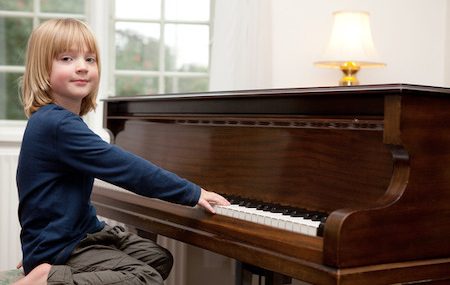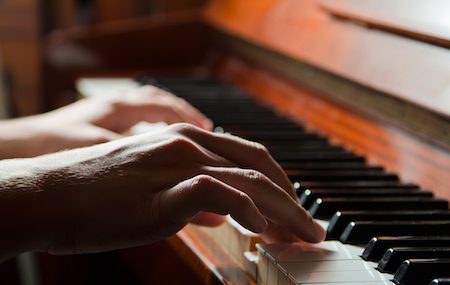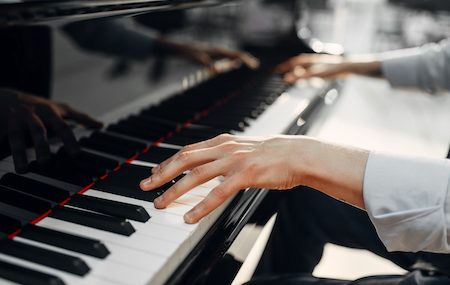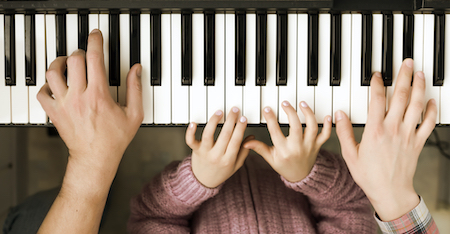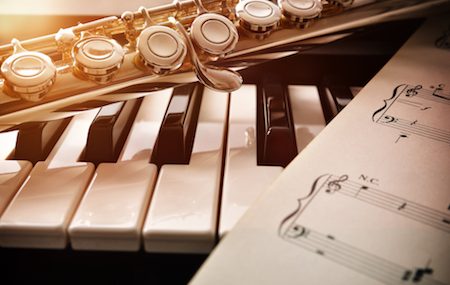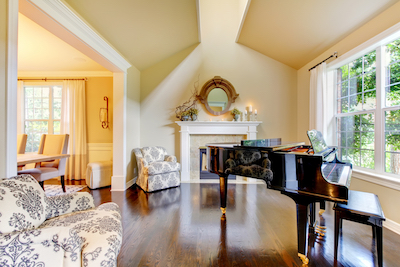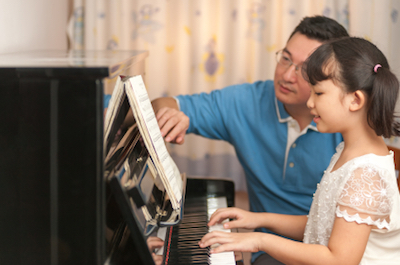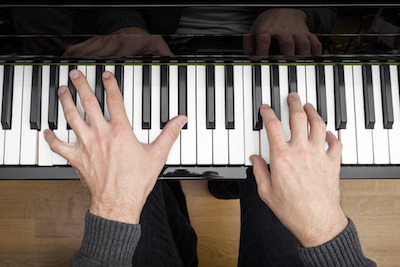Helping kids select suitable after-school activities can be challenging. Sports will keep them active. The arts will broaden their perspective. With so many choices, what’s a parent supposed to do?
While there was once a piano in almost every home, the numbers have been declining. Even for those parents that value music, there are a wide array of options. Is piano the right choice? Or violin? Or what about technology – should you rely on apps to bring music to life?
The way we learn has also changed in recent years. While it once took hours of research and attention to understand a subject, now, with a click of a mouse, you can open up entire databases on a topic and learn something new in an afternoon.
Especially Generation Z and beyond, their attention spans are quite different from older generations. We’re now living with instant gratification. Unless you’re committed to a lifetime in the arts, many wonder what point really is.
Piano is a core instrument in the world of music. That’s because it’s one of the easiest instruments to learn, and it’s unique in playing both melody and accompaniment with every song. You can play and enjoy it alone, or bring in other instruments for blending. If you want to progress in music, piano is one of the best places to start.
It’s also a gift that keeps on giving. If a child plays soccer as a child, they may enjoy the game for a lifetime, but won’t be able to participate for more than a handful of decades. With a piano, it can bring a lifetime of enjoyment. It’s as easy to sit down at a piano at 10 as it is at 100.
Studies also show that piano brings many benefits at every age. It helps with reading and comprehension skills. It can enhance hand-eye coordination. More medical students have a past in musical arts. And as you age, it can enhance memory association, and is often used in various therapies. It brings a calming effect to help reduce stress at any age.
Whether you’re looking for an activity for your child, or want to pick up a new hobby for yourself, there’s never been a better time to bring the piano into your life.
